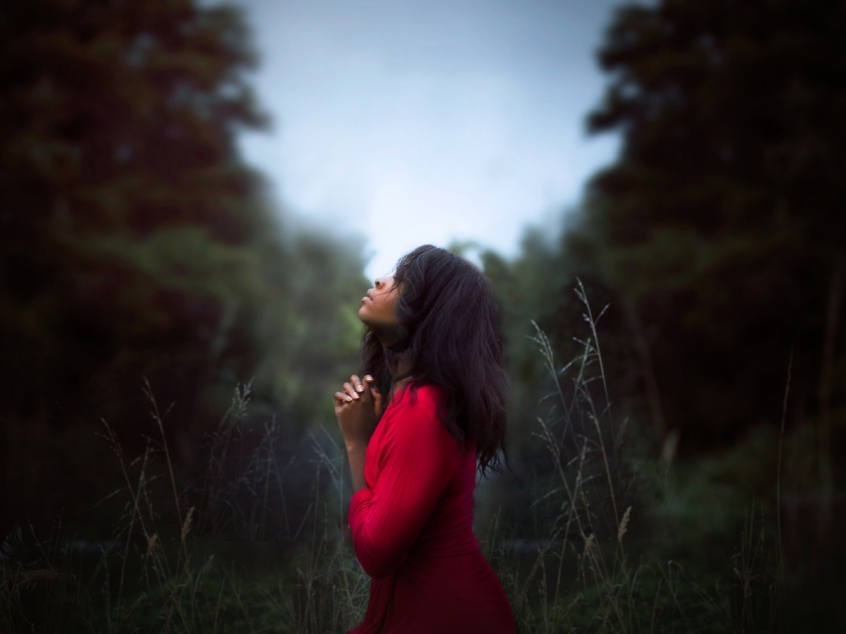
Ever wondered why some Christians find it so easy to hear God's voice and talk to Him, while others fail miserably? Pastor Rick Warren of Saddleback Church has said that Christians should be "positioned correctly" so that they can hear God speak.
"Sometimes we don't give God a chance to talk to us. We've made up our minds. We want to do what we want to do, not what God wants us to do. Our hearts are hardened, and we're unwilling to listen," he wrote on his website. "When you have a closed mind, of course He's not going to talk to you!"
But if believers really want to hear from God, they have to make some changes in their lives. Warren said these are often "mental barriers" that keep people from hearing God's voice. The first of these barriers is pride. If believers think they don't need God in their lives and want to handle things themselves, then they are probably closed off to His message.
The next barrier is fear. "A lot of people can't hear God because they're afraid to hear God speak. Maybe you think that hearing God's voice or sensing his leading makes you some kind of religious fanatic," Warren explained.
And lastly, believers have to conquer bitterness before they can properly talk to God.
"When you hold on to hurt, resentment, or a grudge, you're not going to be able to hear God, because your heart is hardened. It has grown cold and made you defensive, even to God's love," he said.
Warren encouraged people to let go of their resentments. It might be difficult, but he said that it's for their own sake. The pastor added that resentment is a self-inflicted wound that keeps people from living their best lives. By letting it go, they are not letting their oppressors off the hook but they are simply moving on with their lives.
He also reminded people that everything in life is temporary, so they need to focus on "eternal realities" - like spending eternity with God in heaven.
"Everything you see around you is temporary. The building you're in, the computer or cellphone you're staring at, and even your body will one day disappear from existence. Yet it's what you can't see around you that will last forever. And those realities are what truly matter," he said.















